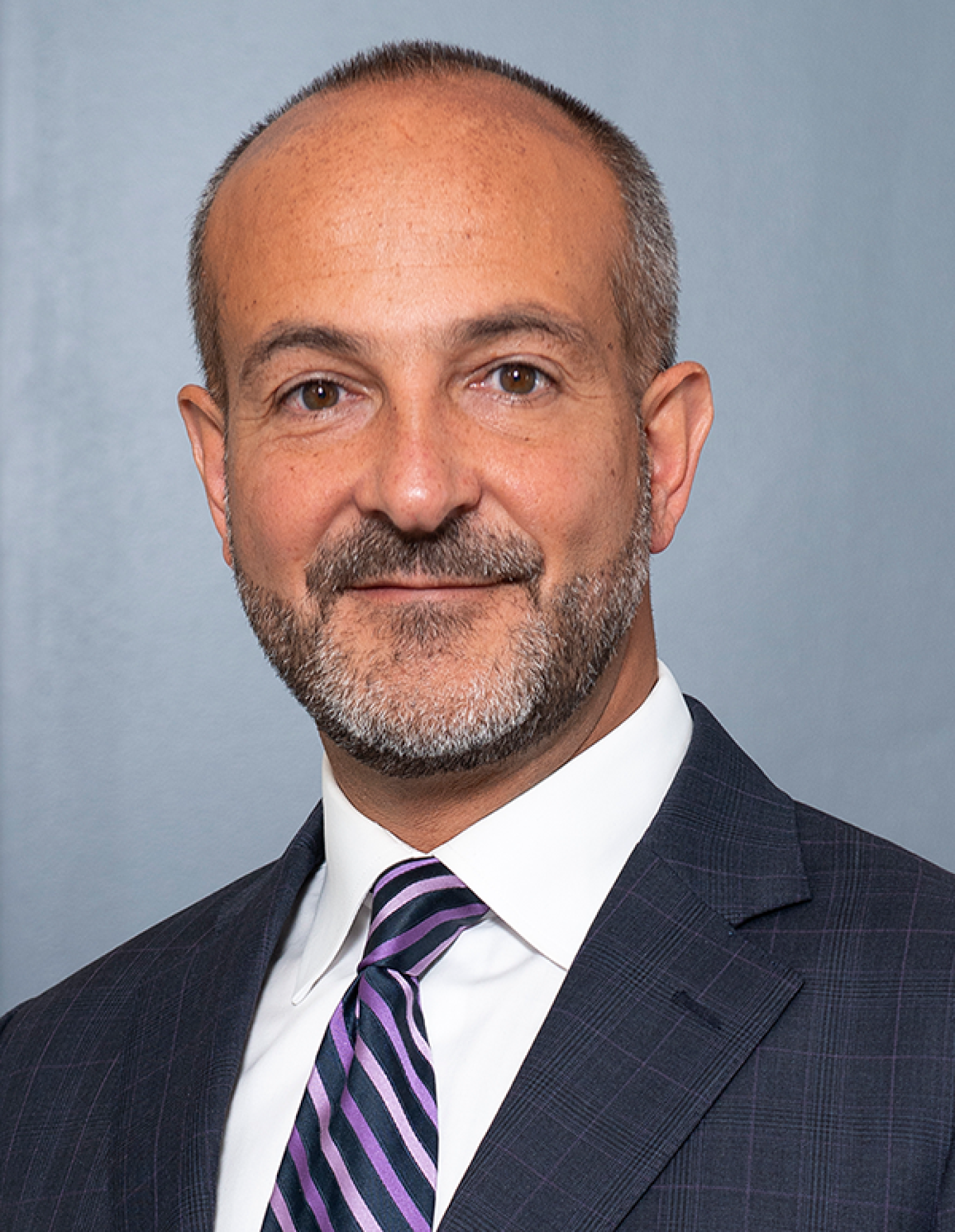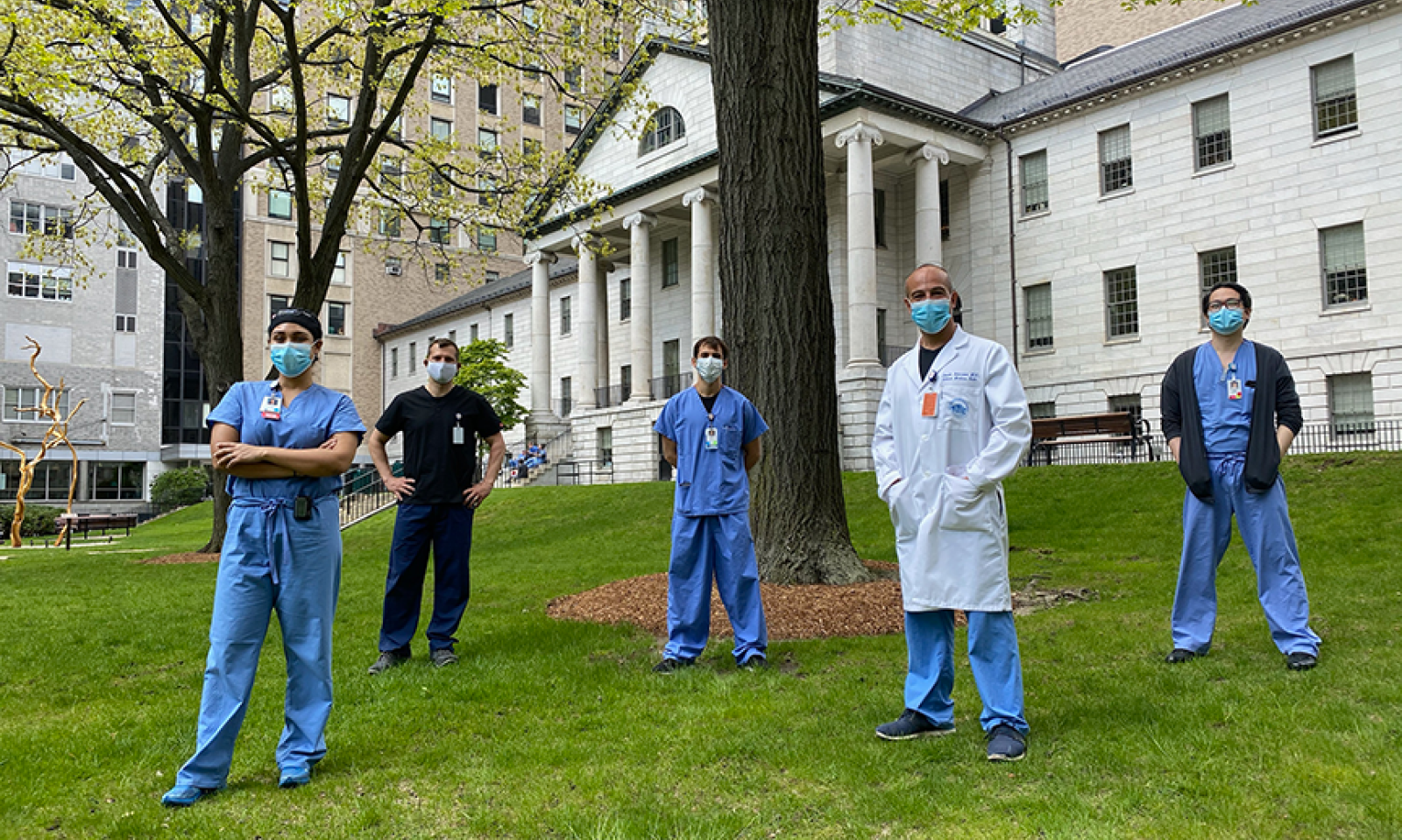Leveraging a bilingual clinical workforce for COVID-19 patients

As the coronavirus pandemic approached Massachusetts earlier this year, a multidisciplinary team at Mass General Brigham (formerly Partners HealthCare) worked to anticipate and address ways in which health inequities would play a role in the expected surge of patients with COVID-19.
A key priority for the team, known as Equity and Community Health COVID Response, was to improve communication with hospitalized patients with limited English proficiency, according to Joseph Betancourt, M.D., Vice President and Chief Equity and Inclusion Officer at Massachusetts General Hospital (MGH), who is leading the effort.
First, the response team updated and expanded its database of multilingual staff members by issuing a brief survey to capture employees’ languages and level of proficiency, including whether they are certified as Qualified Bilingual Staff. The survey focused on doctors, nurses, researchers and front-line staff. MGH alone was able to register 2,400 people in three weeks and has since deployed multilingual teams to help with COVID-related projects, including staff for the hospital attestation process, and nurses and staff for an isolation effort located at the Quality Inn in Revere.
Help from the Spanish Language Care Group
In mid-April, the registry enabled the COVID response team to establish the Spanish Language Care Group (SLCG) to help physicians caring for COVID-19 patients. Approximately 51 native-Spanish speaking doctors, representing 13 clinical departments and 13 countries, lent clinical, cultural and linguistic competence to daily rounds, family updates, admissions, discharges, informed consent and other services as needed. Spanish-speaking physicians were available 24/7 and worked with teams on COVID floors, in intensive care and emergency medicine at MGH and Boston Hope, the temporary recovery unit built at the Boston Convention and Exhibition Center for COVID-19 patients.

“Historically, disasters have taken a disproportionate toll on vulnerable and minority communities,” Dr. Betancourt says, and COVID-19 is no exception. Numerous neighborhoods in Boston, Chelsea, Brockton and other cities are home to many who are at higher risk of contracting the illness because of social determinants of health, such as housing, employment, transportation, environment and other factors. Limited English proficiency, in many cases, is also a barrier to getting the health care services they need. At MGH, the number of Spanish-speaking patients has at times approached 50% of the census on COVID-19 floors.
Dr. Betancourt credited Elena Olson, J.D., Executive Director of the Center for Diversity and Inclusion, for quick work using the newly updated registry to manage this effort and Drs. Steven Knuesel and Warren Chuang from the Hospital Medicine Unit for leading the integration of the SLCG into the surge effort. The Center also worked with the hospital’s Department of Interpreter Services and its Director, Chris Kirwan, to identify Spanish-speaking patients.
In early May, North Shore Medical Center, Mass General Brigham’s 362-bed hospital in Salem, successfully adapted the program for its needs and launched its own group with 11 providers. MGH also shared the model with Brigham and Women’s Hospital, Beth Israel Deaconess Medical Center, Boston Medical Center, and The Johns Hopkins Hospital in Baltimore among others.
Ready for future needs
Now that the COVID-19 surge has eased and clinicians are returning to their usual assignments, MGH’s Spanish Language Care Group is disbanding, at least for the moment. Following a “farewell” Zoom call with the group, Dr. Betancourt said physicians appreciated the opportunity to help in a crisis and especially to work with Spanish-speaking patients. Many say that being able to serve in this way is why they went into medicine. Betancourt observes, “This was like gold for their hearts and food for their souls.” With the updated registry and initial success with the model, MGH feels it can quickly reconstitute the group as needed and will look for how to keep aspects of the group in place in the future.
For more information, including webinar presentations about the bilingual registry, the Spanish Language Care Group model and more, please visit the website of The Disparities Solutions Center at Massachusetts General Hospital.